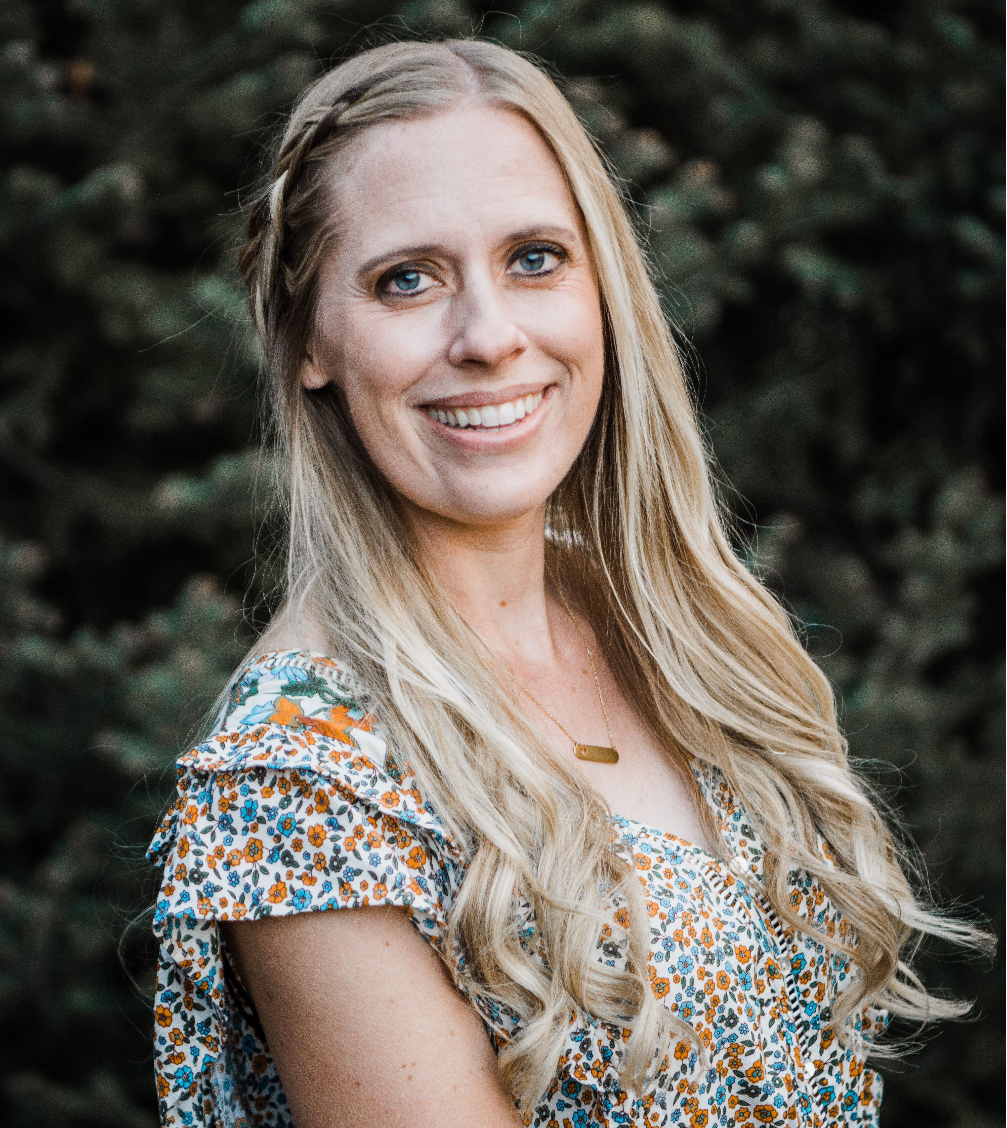

How to Defend Your Master’s Thesis
Learning Objectives
Upon completion of this comprehensive and engaging course, you will be able to:
- Review the primary functions and attendees of a Master’s Thesis defense
- Identify the most common lengths for a Master’s Thesis defense (incl. presentation and Q&A components)
- Explain when and how to schedule your Master’s Thesis defense
- Select a software in which to build a presentation slide deck for your Master’s Thesis defense
- Review the key slide sequence to use in Master’s Thesis defenses in STEM, social sciences, and the humanities
- Properly format your slide deck to make it visually appealing
- Systematically prepare for your Master’s Thesis defense
- Formulate answers to the 18 most commonly asked questions during Master’s Thesis defenses
- Respond effectively to defense questions that you do not know the answer to or that are critical
- Discuss next steps if you do not pass your Master’s Thesis defense
- Collect, organize, and make revisions based on Examination Notes provided after your Master’s Thesis defense
- Complete the final submission of your Master’s Thesis and disseminate your findings
Instructor

Sarah M. Coyne, PhD is Mary Lou Fulton Professor of Human Development in the School of Family Life at Brigham Young University. She received her BSc in Psychology from Utah State University and her PhD in Psychology from the University of Central Lancashire. Dr. Coyne is a popular speaker at both national as well as international conferences and has over 100 peer-reviewed publications on topics including media, aggression, gender, and child development. Dr. Coyne currently serves as an Editorial Board Member for Psychology of Popular Media Culture as well as Developmental Psychology, and she is former Associate Editor of Aggressive Behavior. Her research has been supported by grants from leading funding bodies such as the National Institutes of Health (NIH), the National Institute of Child Health and Human Development (NICHD), and the Economic and Social Research Council (ESRC).


